Rep. Mike Kelly has a stack of Monroney stickers on his desk — the labels legally required on every new car that include details on where a car and its parts were made. As President Donald Trump’s 25-percent tariffs on imported automobiles and auto parts are set to go into effect, Kelly thinks we’re in for a “shock.”
The Pennsylvania Republican, who owns five car dealerships and was first elected to Congress in 2010, represents a district that stretches from the suburbs north of Pittsburgh to the shores of Lake Erie. His constituents supported Trump by more than 27 percentage points in 2024, as Trump campaigned on lowering prices. But when Kelly goes to the grocery store on the weekends, he says people approach him with concerns about some of the Trump administration’s potential cuts to government benefits and the consistently high prices they’re paying for food.
Kelly, whose car business has grown from a family Chevrolet dealership back in the 1950s, is bracing for more complaints about prices as tariffs on automobiles and auto parts go into effect. Studies have found those prices could go up by $6,400 or even $10,000.
“There’ll be a shock,” Kelly said in an interview in his Capitol office with POLITICO Magazine. “And then there’ll be people, the more they see it, the more they become accustomed to it and say, ‘OK, fine, I see what we’re trying to do here.’”
That’s because Kelly thinks Trump is delivering a much-deserved “wake-up call” that will stop America from losing businesses and jobs to its allies overseas.
This interview has been edited for length and clarity.
In the last administration, you held the administration’s foot to the fire about its EV initiatives. One of the things you talked about was how the average price of an EV is obviously more expensive than some gas cars. Right now, we’re seeing a ton of estimates that tariffs are going to increase car prices, maybe as much as $10,000.
Yes, all over the board.
And so, when you’ve been trying to make sure that costs stay affordable for your constituents, how does the fact that these tariffs will increase prices affect car dealers and your constituents?
Well, it affects car dealers because they’re the initial purchaser. We buy everything from the factory. You have seven days before they start charging interest on it. So as far as what is it going to do? Well, yeah, cars are going to go up. But then ultimately, it’s up to the consumer to decide whether he or she decides they want to buy it. The consumer will make a decision on what’s viable and what’s sellable. When they stop buying, you watch the prices drop. I don’t know what it’s going to do to sales. Some people will say, “I just can’t buy a car right now.” But what it could affect, Daniel, is the used car market.
The used car market really got a boost during Covid. People were paying much, much more than they were the month before Covid was announced and all of a sudden it’s like, “Well, there’s no new cars. I need a car. I’ll buy a used car.” And so the price has been going up. It’s the most basic economic premise: supply and demand. It’s all supply and demand. And you know who determines the demand? Consumers.
Do you have concerns that your constituents are going to start coming to you and say, “Hey, I need this car to be able to get wherever, and it’s just getting out of my price range.” Because if the new car market goes up, and everybody's buying used cars, then the used cars market goes up. I mean, are you just worried about how it’s going to affect people’s day-to-day lives?
It's basic supply and demand. How bad, how much, do you want to own that house, that car, that suit, that whatever. It is impossible for me to shop right now and get in and get out with people stopping along the way. They say, “Look how much I’m paying for eggs.” I go, “I know.” “Look how much I’m paying for beef.” And it’s like, “Look how much, look how much, look how much.” I say, “I know.” And the question is, “Well, you guys need to do something about it.” I say, “We don’t control markets. We don’t control markets.” At the end of the day, it’s all determined by whoever’s buying it. Once they stop buying it, prices usually go down.
That goes to something that you and I have talked about before, this idea of patience and runway. How much runway do people actually give the people they elect before they start saying, “I’m mad about the fact that my prices are really high and I’m going to switch?”
I always think that it’s, “How does it affect your wallet?” That’s who you’re going to like. A lot of it has to do with how the media plays it. Because there’s so much false narrative out there that people jump on.
But this is one where the president has a specific thing that he’s trying to achieve —
more stuff made in America — and he’s willing to shoulder the costs that might happen in the short term in order to get more things made in America. Do you think that argument resonates with your constituents?
I think the president says, it’s going to be tough for a little bit. Then people get used to it and maybe other things will happen. I think the jobs that we’ve lost by going offshore is incredible. It’s just incredible.
I don’t think anybody in Korea back when I first came into the business could even buy a car. But they grabbed a lot of market share. And the Japanese grabbed market share. China invited us to come there and build cars, and then they nationalized the plants, right? Everybody came to America to make a living. We can’t go anyplace else. We can’t get into those countries. And that’s when the president talks about leveling it out.
So the loss of production, and I think more important, I think of national security. We didn’t beat the Germans because we were smarter. We didn’t beat the Japanese because we were smarter. We beat them because we were still producing. We pumped life back into the world. We were willing to give up market share to get these people back on their feet. They’re on their feet right now, and they come into our market. They dominate our market in some cases.
This is obviously a global economy when it comes to cars, and there are American car dealers that are trying to get market share. I understand the idea of leveling the playing field. Do you feel like this will help?
I think it’s like anything in life. There’ll be a shock, and then there’ll be people, the more they see it, the more they become accustomed to it and say, “OK, fine, I see what we’re trying to do here.” I mean, there’s nobody in the world that cares about America other than having a big share of our market. I mean, we take everybody in. Bring us your tired, your hungry, if you can’t sell it back home, come here, we’ll buy it from you.
I think what he’s trying to do is get people aware this is what’s happened over the years. And there’s a lot of different factions. I mean, the UAW is happy, but I don’t know that they’re ecstatic about what’s happening down south. The South left the agrarian [sector] to go to Detroit to get jobs. And now we found out, well, it’s expensive to build them in Detroit, let’s go back to the South.
You used the word “shock.” What does that look like at the dealership level? How are dealers preparing for whatever short-term shocks they may face?
I think there’s a great deal of angst right now. Especially if I’m a Mercedes dealer, I’d be concerned about it. But the market I’m in, the $54,000 annual income for a family of four.
So whatever it is that you have on the shelf, you should usually stock what it is that your customer base will buy.
So we’re Chevrolet, Cadillac. We’re out of Cadillac because they wanted to go all-electric and I have no electric market. Hyundai, Kia, Mitsubishi and Toyota. That’s what we have, right? And of those, probably right now, if you compare Chevrolet production versus Toyota or Hyundai, Kia, whatever, you’re going to find out that [some foreign brands] actually have a greater parts content than General Motors has when it comes to domestic production.
The president has proposed a tax break, that if you buy an American car, you get a tax credit. How do you feel about that proposal to kind of stick something into the tax code to help people maybe afford American cars?
I don’t know that you can do that. We have a lot of tax cuts, which means we have lost revenue. If you eliminate a revenue stream, what do you replace it with? Because we’re already operating in the red, right? We’re going to bring in, what, $5.3 trillion this year? We’re going to spend $6.4 [trillion]. When you hear it, it’s like, “That’s no big deal. We’ll get through that.” Well, we’re to the point right now that I don’t know if we can get through it.
So you’re pretty consistent on that then, because you also were opposed to the EV tax credit.
I think if you want to buy an EV, fine, but don’t ask some poor son of a bitch that’s working two jobs to put food on the table to subsidize it. Hell, if you can afford to buy a $125,000 car, you really [don’t] need 7,500 bucks to do that. It was just a gimmick.
Is there any way that type of tax deal could be written that you’d support it?
No, I don’t believe you should get subsidized. If it’s market ready, you don’t have to subsidize it. Any time politicians develop policy, it’s dangerous. You have to have people in the market.
I’m a Hyundai dealer. I’ve been to Korea a number of times. I can count on one hand the number of American cars I’ve seen in all the times I’ve gone out there. You come here and I can show you Hyundais all over the place. We don’t have access to other people, and why don’t we? How do they keep us out of their countries?
So you’re still viewing this as a dealmaking thing and not a reshoring American manufacturing thing?
I think the greatest disruptor in the world is in the White House right now. And he is making people think about what has taken place, and why have we lost all these jobs? Why have we lost this ability? What happened to it? We treat other countries so well, and other countries treat us like: “You know what, they’re giving us their market, why wouldn’t we take it?”
I really look at the president, he’s doing things that are making people think twice now. And he does it through price. Nothing affects people faster than when you get to their wallet. Everything else is, “Oh, fine. That’s great. Everything’s fine.” Until you say, “Now it’s going to cost you.”
And so people are feeling the disruption more?
Their hearts are willing, but their wallets are weak, and it’s going to get to a point where they look at it say, “How did we do this to ourselves? Why didn’t somebody say something?” They did. They did. It happened in 2025.
What do you mean by that?
A lot of people who would really like to help, they have fewer dollars left in their wallet after they cover their basics.
Do you think these policies are going to address that?
I think it’s a huge wake-up call. We have been asleep for so long, right? We’ve been in this slumber thinking everything’s fine because the world loves us. Of course they do. We open the doors to come on in — whatever market share you take, go ahead and take it. We’re fine. We’re America. We can afford it. Now we’re finding out: You know what? Our base is gone. We’re losing ourselves.
You come back home with me. I’ll take you to town after town after town with a steel mill that now is a scrap heap. They went out of business because they lost their market. Jobs are really critical. When we don’t have jobs, we don’t have income, and when we don’t have income, what supports social security, wage taxes, I mean, all this different stuff? We support a lot of stuff. People complain their taxes are getting too high, well look at all you’re supporting. I just think that, if nothing else, what the president’s doing now is a wake-up call.
.png)
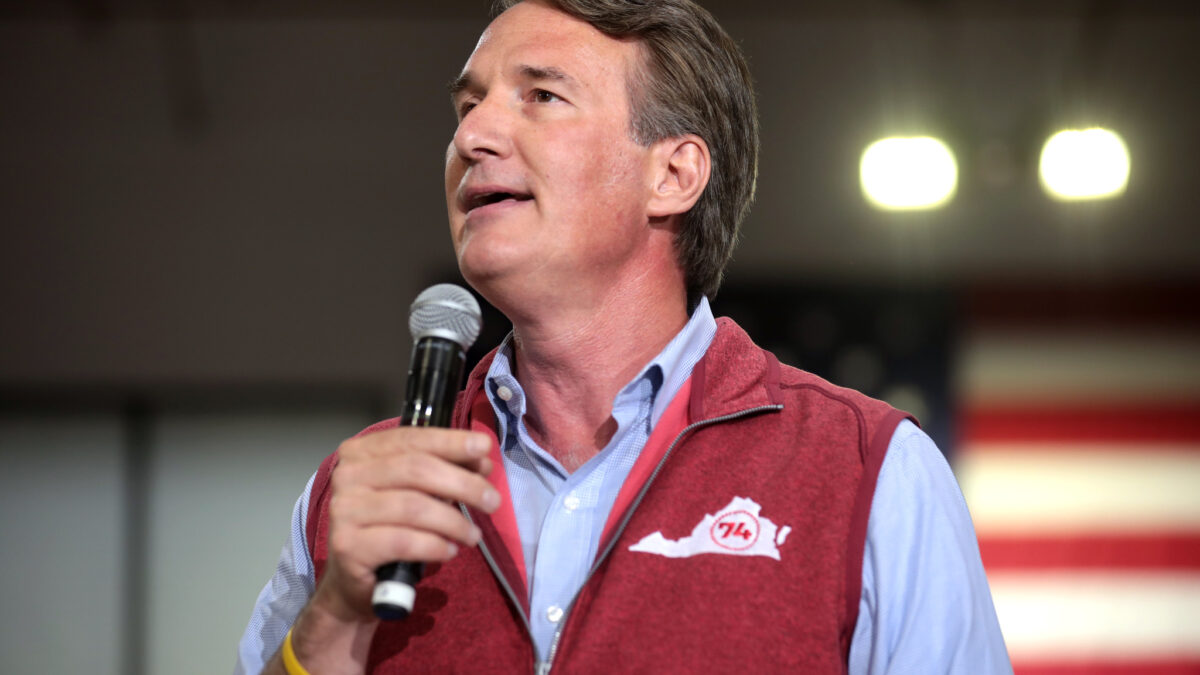
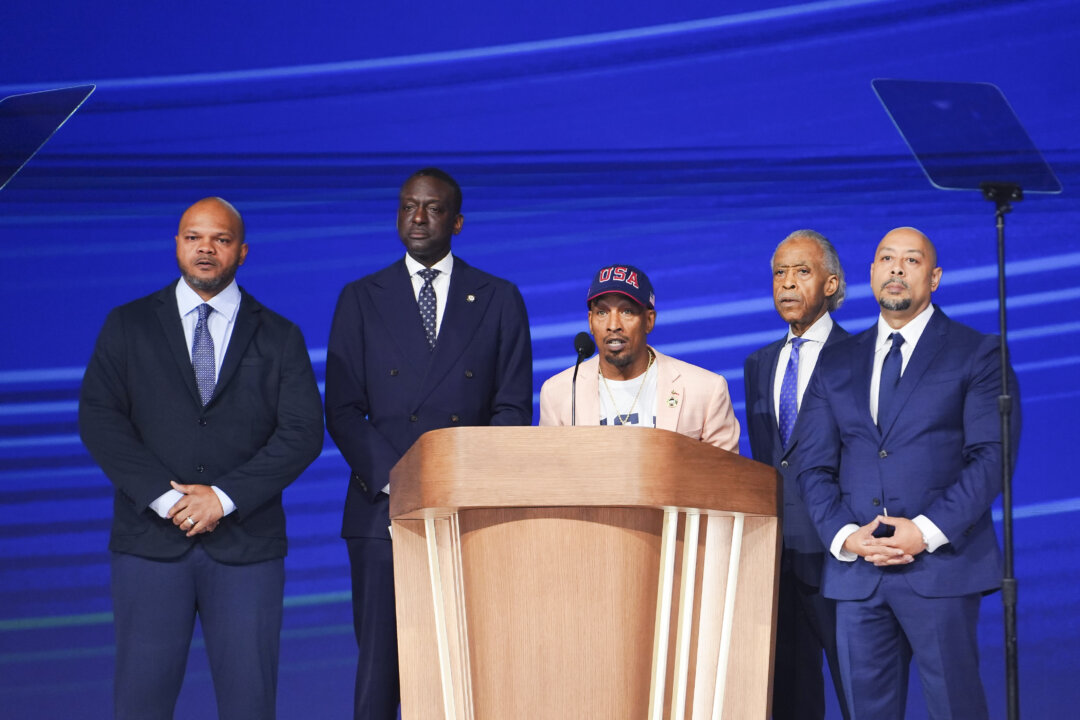
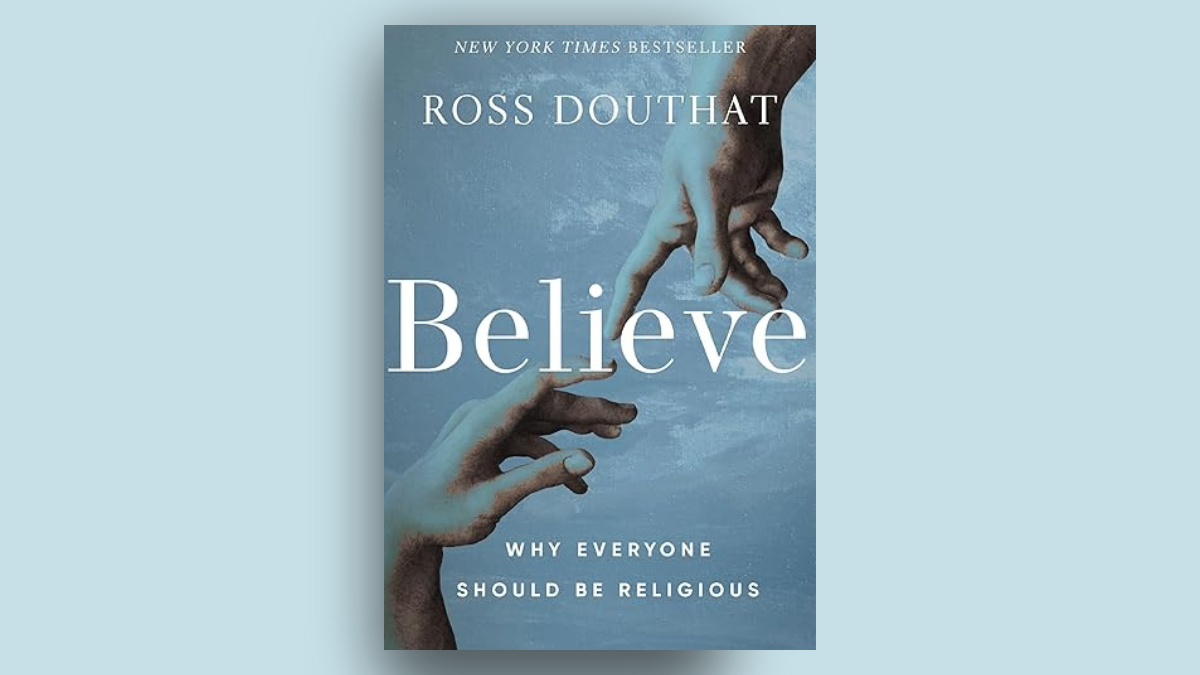

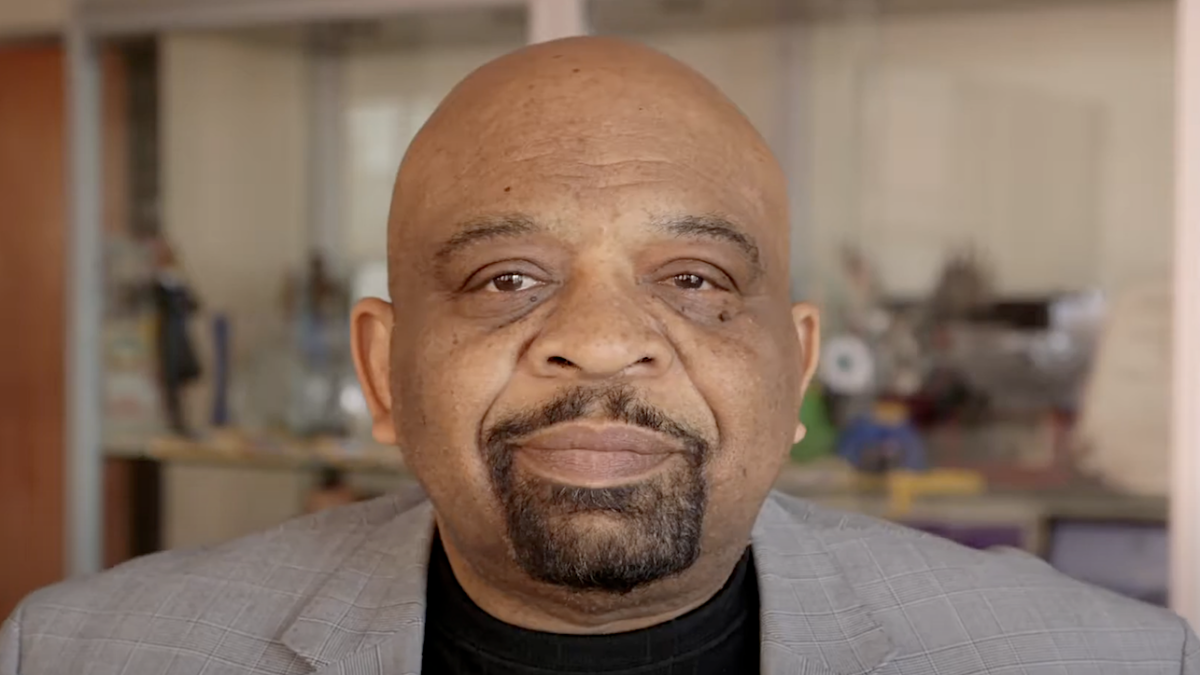

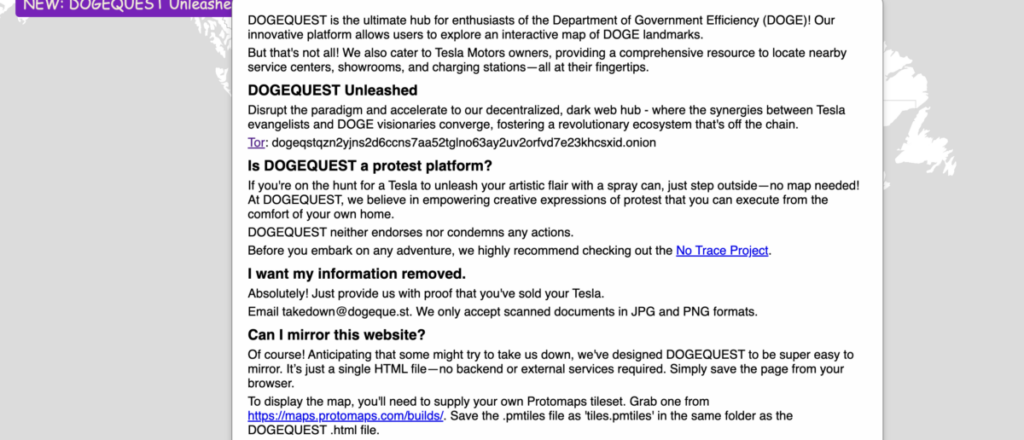

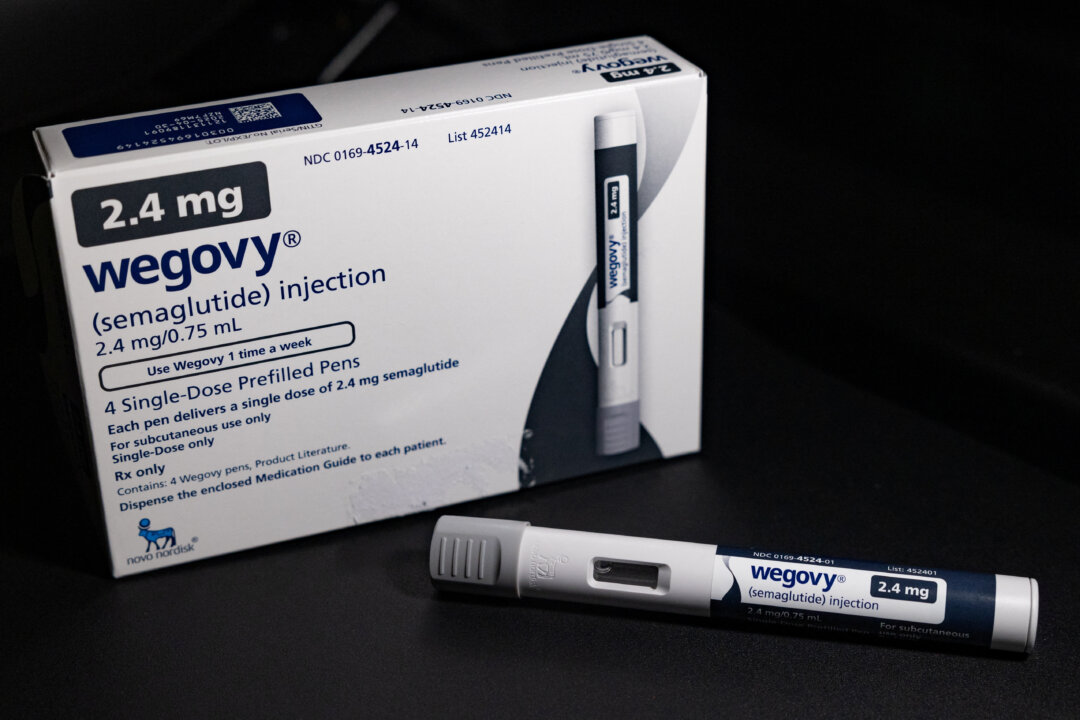
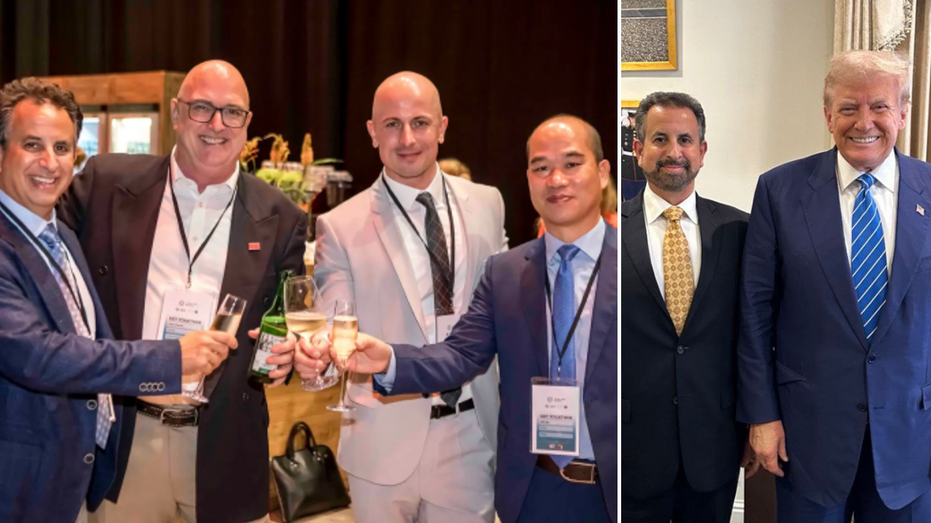





 English (US)
English (US)